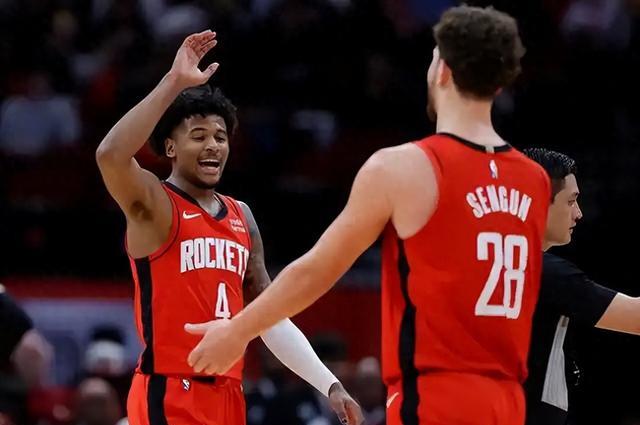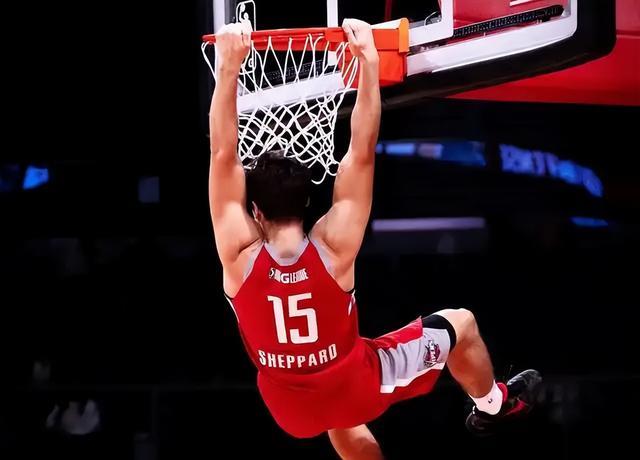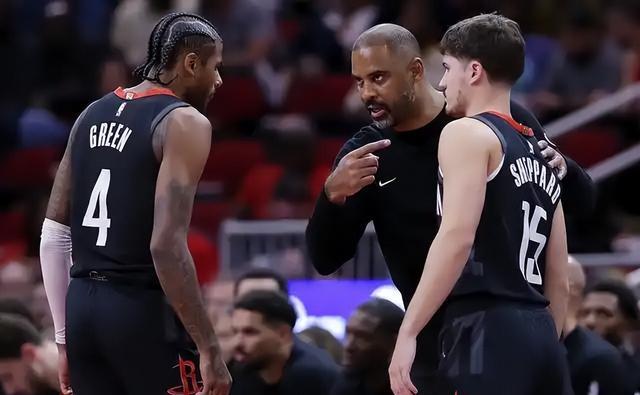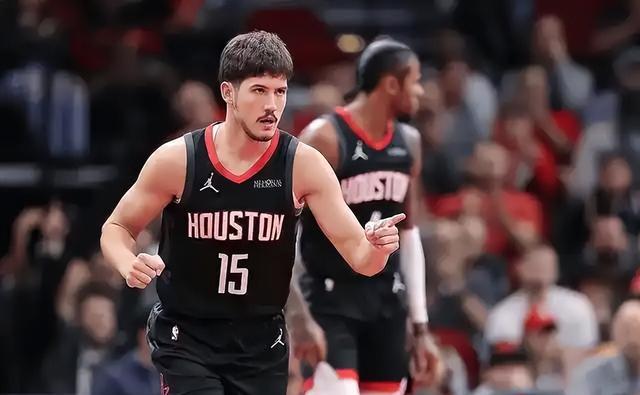25 wins and 12 losses, firmly occupying the second place in the West, this record is too bright. When the schedule is almost halfway through, the Rockets have almost locked in this position, losing two fewer games than the Grizzlies, with a head-to-head record of 2 wins and 0 losses, showing a clear advantage. The Rockets are considered the biggest dark horse this season, and it's possible that their first playoff trip after the Harden era is really coming. Among the many stories of the Rockets, there is a rookie whose experience has attracted particular attention, and he is Reed Shepard.

The Rockets' performance this season is truly commendable, from Coach Udoka's outstanding coaching to Green's stable play, Shen Jing's growing maturity, Amen Thompson's strong rise, and the steady performances of players like Javale Smith, even VanVleet has found his own positioning on the court and started to distribute the ball reasonably. The team atmosphere is good, the chemistry is excellent, and they look like a strong team.

When the Rockets selected Shepard with the third pick in the draft, everyone thought the Rockets had found a treasure. In all the lottery pick operations, the media gave only the Rockets' selection of Shepard an A rating, while others were below A. After playing two good games in the summer league, fans' evaluations of him soared, saying he was a combination of Paul, Nash, and Curry, which is a ceiling-level compliment. Coach Udoka even declared him as the leader of the Rockets before he played a single NBA regular-season game. For a time, Shepard was in the limelight, and many fans only knew him and Bronny, not even knowing who the number one and number two picks were. Compared to Bronny, who relied on his father's fame, Shepard completely attracted everyone's attention with his own performance.

However, ideals are full, but reality is bony. The Rockets gave Shepard a chance, but his performance on the court was unsatisfactory. As a point guard and shooter, he often couldn't even hold the ball steadily on the court, and would deform at the slightest contact. He didn't dare to shoot when given the opportunity, and had a negative impact on the team on both offense and defense. Obviously, various factors both on and off the court made him lose confidence and gradually lose himself.

However, Shepard did not sink into despair. After being demoted to the developmental league Vipers, he seemed to have found his own stage. In his first G League game, he dominated the court with an astonishing 49 points. In another game with the Vipers, he shot 9 out of 17, contributing 24 points, 9 assists, and 3 steals, with a plus-minus of +23 on the court. He gradually regained his rhythm and form in the development league, which is a joyous change.

Shepard's outbreak did not come easily. From being praised to being criticized, and then gradually finding himself again, he experienced great ups and downs in these six months. But these experiences are valuable wealth for him. If he can continue to progress, fans will not only put aside previous complaints and criticisms but also have great expectations for his future. The 4-year, $45.85 million contract he signed with the Rockets now seems to be a bargain because of his growth.
For the Rockets, Shepard's growth is also a stroke of luck for the team. A team's strength not only requires the stable performance of star players but also the growth of role players. If Shepard can become a capable player for the team in the future, it will further enhance the depth of the Rockets' lineup.